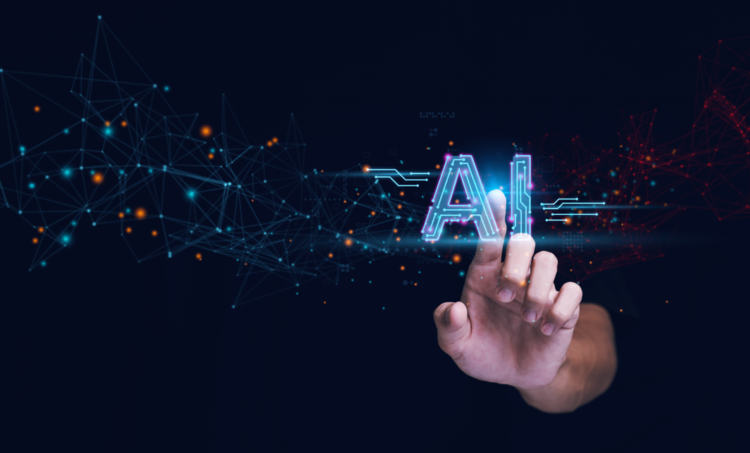Almost two thirds of people (63 percent) would trust artificial intelligence (AI) to inform important decisions at work, although not necessarily to make the final decision.
This was the key finding from a CIPD poll of more than 2,000 people.
However, the poll also found that 35 percent wouldn’t trust AI to make important decisions at work, with this proportion preferring to rely on human intelligence.
Only 1 percent of those surveyed said they would trust AI to make important work decisions.
Today, the CIPD encouraged organisations to “lean into AI”, which can help to boost productivity. But the employer body also stressed that AI use must be based on a human-centred approach.
Employers and HR teams need to ensure they have “clear, principled guidelines” for using AI at work, the CIPD said. These need to cover ethical practices, data security and the fair treatment of people.
Earlier this month, the UK government said it wanted to “turbocharge” UK productivity as it unveiled plans to boost AI skills, infrastructure and investment with its 50-point AI Opportunities Action Plan.
AI transforming jobs
Hayfa Mohdzaini, senior policy and practice adviser for technology at the CIPD, said: “There’s no question that AI is transforming jobs, careers and workplaces at a rapid pace. By fostering a culture of experimentation and shared learning, organisations can help employees to develop their skills and become more comfortable using new technologies. We’ve seen that AI can be used effectively to support decision-making and simplify processes, thereby freeing up time to do other things.
“But as our findings suggest, human oversight is still very important and there’s a careful balance to be struck. When used alongside human judgement, and in a responsible and ethical way, AI can enhance jobs and increase productivity.
“Organisations have a responsibility to have clear guidelines in place and train people on AI as needed, to ensure that no one gets left behind. It’s also essential for employers to monitor how technology is being used in their organisations and to help employees to understand the risks involved.”
The CIPD’s survey results were published to coincide with National Productivity Week (27-31 January 2025) and come after the news that China’s DeepSeek, a low cost AI chatbot launched last week, has caused the share value in tech firm Nvidia to drop.
Shares in other tech-focussed companies such as Advantest, Softbank and Tokyo Electron also fell sharply following the launch news.
‘Impressive model for the price’
The focus on generative AI and its impact on work has been growing since the launch of ChatGPT in 2022.
Responding to the launch of DeepSeek, ChatGPT boss Sam Altman called it “an impressive model, particularly around what they’re able to deliver for the price” in a post on X (formerly Twitter).
Altman added: “We will obviously deliver much better models and also it’s legit invigorating to have a new competitor! We will pull up some releases.”
The impact of DeepSeek prompted Nigel Green, CEO of global financial advisory firm deVere Group, to predict that the Chinese startup will disrupt the global tech landscape and reshape the direction of the AI arms race.
“The launch of this innovation underscores a historic pivot in the balance of technological power. US Big Tech, long considered untouchable, is facing credible and intensifying competition from China,” he added.
‘AI lies convincingly’
Last year, delegates at the CIPD annual conference in Manchester were warned: “AI lies convincingly, HR needs to argue with it”, during a keynote speech by Michael Wooldridge, professor of Computer Science, University of Oxford and director of foundational AI research at The Alan Turing Institute.
Wooldridge urged HR not to put too much faith in the answers generative AI offers, but instead “repeatedly question and argue with it and demand more from it”.












